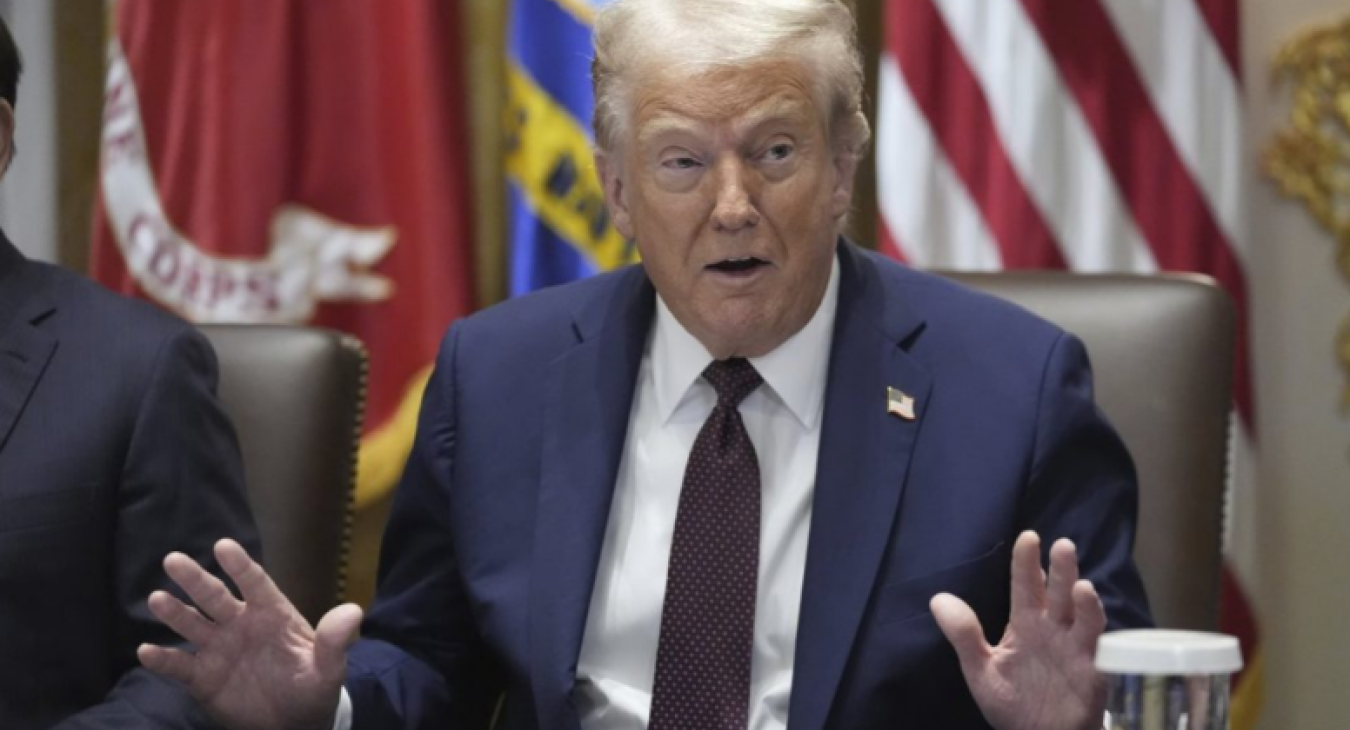Appeals court rules Trump tariffs illegal but upholds them
WASHINGTON. A U.S. federal appeals court has ruled that Donald Trump exceeded his authority by imposing massive tariffs on nearly every country in the world, including Canada. The judges found that the 1977 International Emergency Powers Act (IEEPA), which Trump invoked, does not give the president unlimited power to impose duties.
However, the tariffs remain in place for now: the former president’s administration has been given until mid-October to appeal the decision to the Supreme Court. Trump himself has already announced that he will challenge the ruling, calling it an “existential threat to the United States.”
According to lawyers, the court’s decision limits presidential power and protects American businesses and consumers from unpredictable economic blows. However, experts note that there will be no practical consequences for companies for now if the Supreme Court accepts the case.
The tariffs imposed by Trump in 2019 under the pretext of an “economic emergency” reached 50% on imports from countries with a trade surplus in relations with the United States. A separate package also included “trafficking tariffs” against Canada, Mexico, and China — supposedly to combat drugs and illegal migration. During the period these measures were in effect, the treasury received $159 billion — twice as much as the year before.
Critics note that the tariffs have caused prices to rise, slowed the economy, and damaged relations with allies. If the tariffs are canceled, the Justice Department warns of possible billion-dollar compensation to importers.
Democratic Senator Ron Wyden promised to seek the cancellation of “these harmful and regressive taxes,” and the National Foreign Trade Council called on Congress to regain its constitutional authority to regulate tariffs.
Lawyers believe that the court’s decision seriously complicates Trump’s strategy, which has built its trade policy on unilateral pressure measures.
